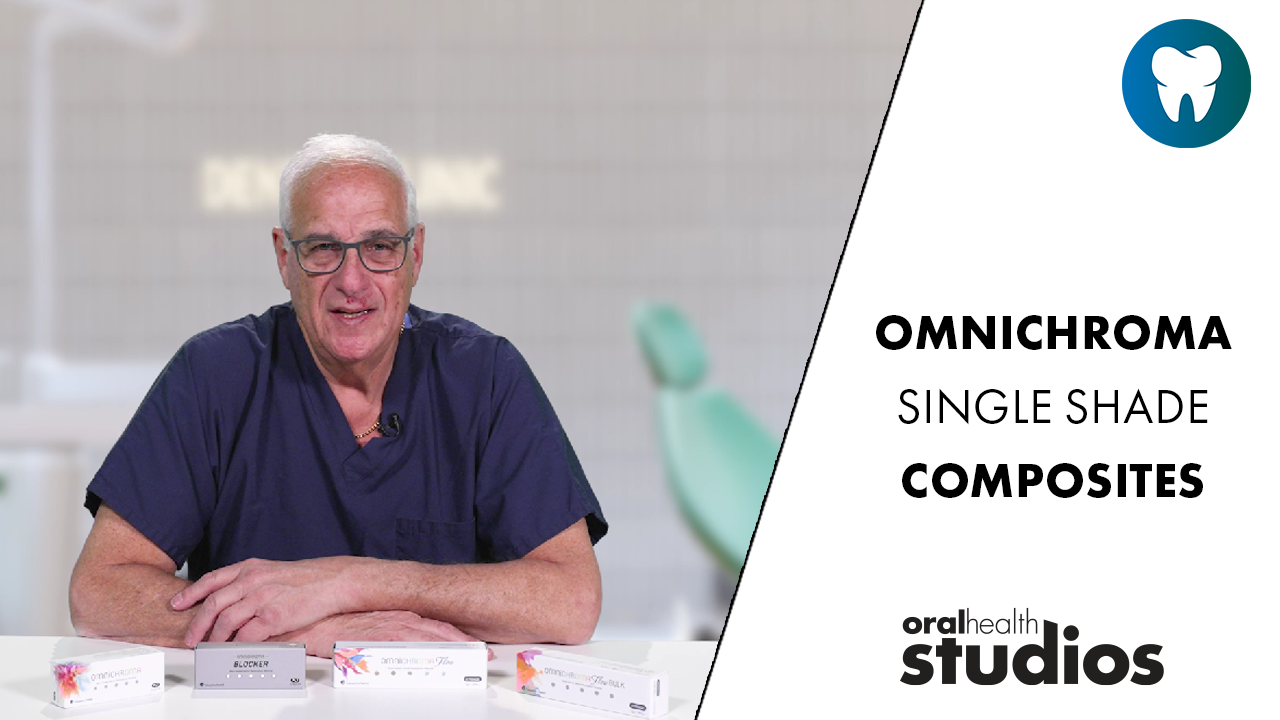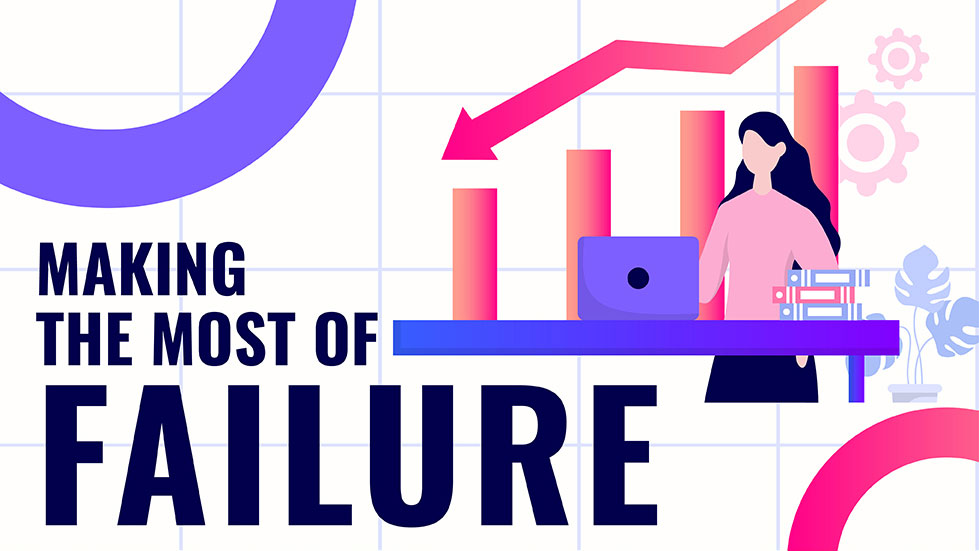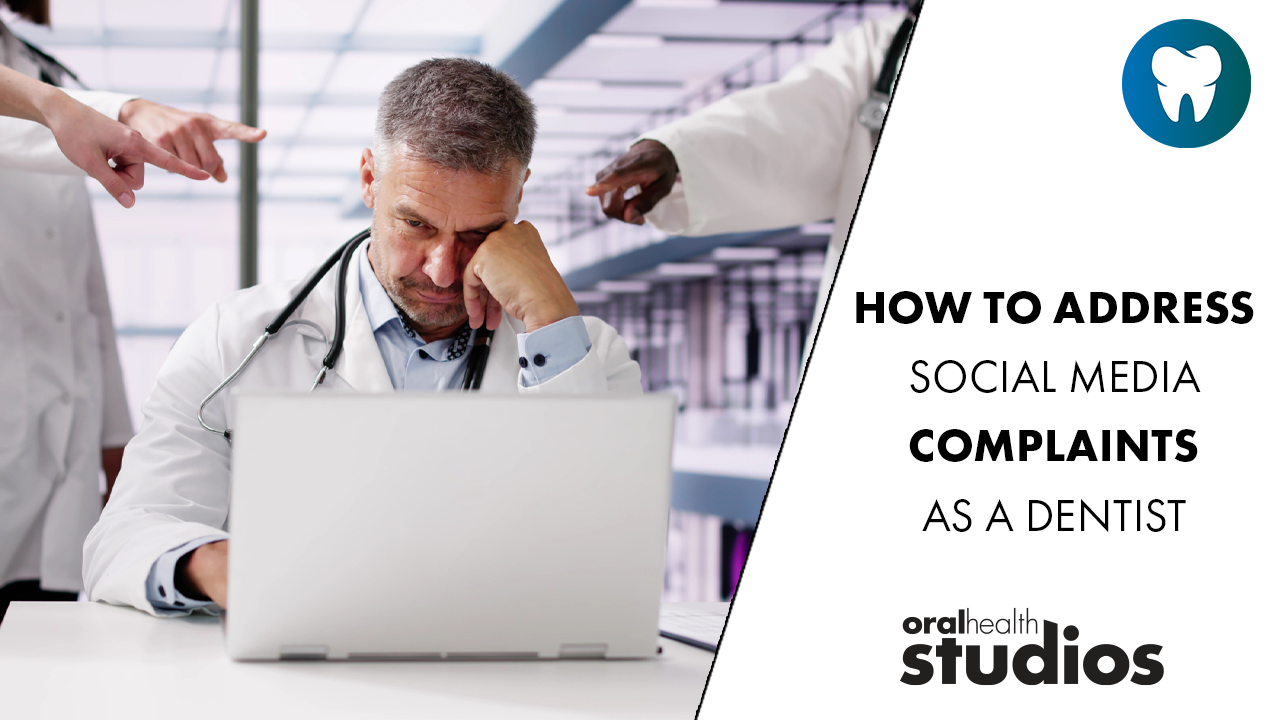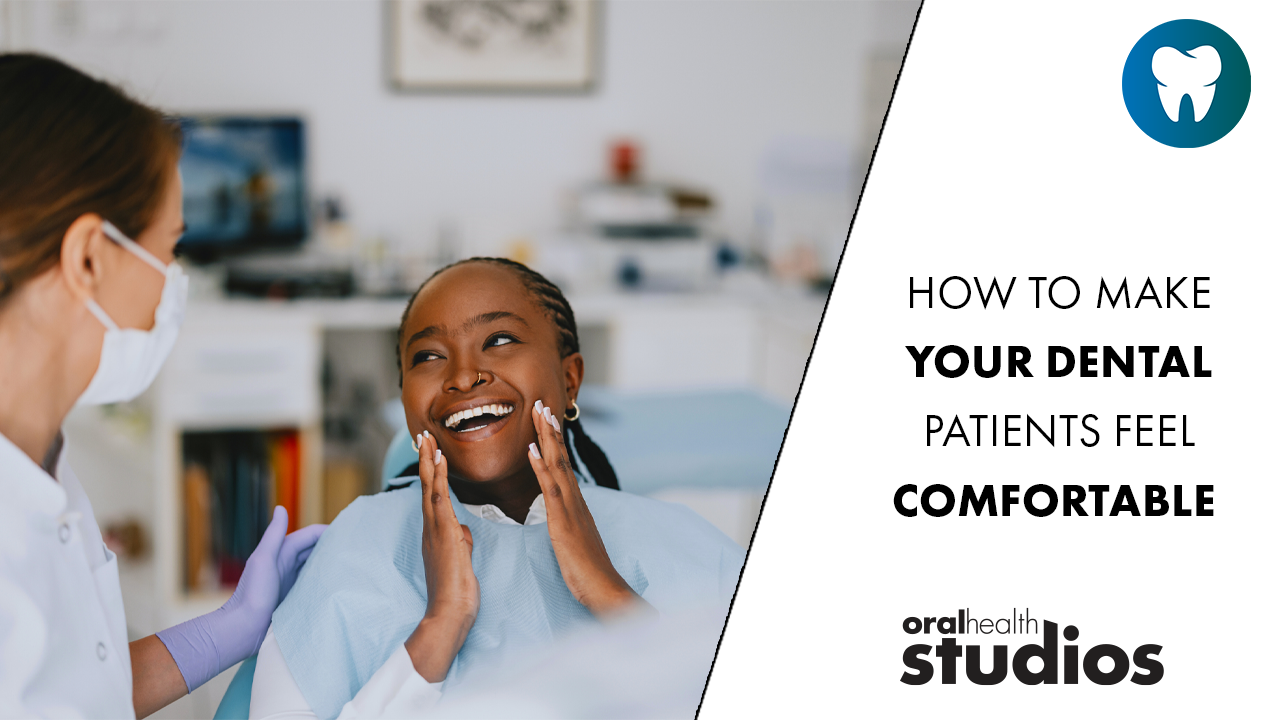Menopause unveiled: the silent epidemic & oral health

A medical emergency at 30,000 feet
It was September 30, 2023, and Flight TS283 from London Heathrow to Toronto was cruising smoothly—until it wasn’t.
I’d seen the scene play out in movies countless times: the crackle of the PA system, the pilot’s tense voice asking, “Is there a doctor on board?” But this wasn’t a script. This was real life—and I was the medical emergency.
My heart rate, normally a steady 45-55 bpm, had inexplicably spiked to 138. The onboard doctor tried everything to stabilize me, but nothing worked. After hours of futile efforts, the pilot consulted medical staff on the ground. Their verdict? It wasn’t safe for me to continue to Toronto. The plane diverted to Montreal.
A whirlwind of tests—and no answers
The moment we landed, customs, immigration, and an ambulance were waiting. Sirens blared as I was rushed to the ER, where doctors swiftly hooked me up to an EKG, drew blood, and even performed a coronary angiogram—an invasive procedure involving dye injected near my heart.
The next day, a cardiologist reviewed my case. “I’m not sure what’s wrong,” he admitted. “But given your symptoms, it might be pericarditis.”
It was a familiar refrain. Over the past three years, I’d seen four cardiologists, each with a different diagnosis: an enlarged aorta, high cholesterol, you name it. I was prescribed a revolving door of medications— blood pressure drugs, statins which triggered a rare side effect: suicidal depression. For months, I could barely get out of bed, yet I still had to run my business, and pretend everything was fine.
Read related article: Menopause and the mouth: The silent link we can’t ignore
The missing link: Menopause
Frustrated and desperate, I took my health into my own hands. I devoured medical journals, cross-referenced symptoms, and stumbled upon a startling revelation: nearly all my issues could be traced back to menopause.
Not one doctor had ever asked about my hormone levels.
As I dug deeper, I discovered a glaring gap in medical education: most physicians receive little to no training on menopause’s systemic effects—cardiovascular disease, osteoporosis, dementia, stroke, even oral health issues like dry mouth, halitosis, and periodontal disease.
Finally, I found Dr. Tiffany Dzugan, a naturopathic physician specializing in menopause. She tested my hormones, prescribed a customized compound, and—for the first time in years—I felt like myself again.
Why dentistry can’t ignore this crisis
Here’s the wake-up call: 95-98% of dental teams are women, and yet, how many are trained to recognize menopause’s oral health impacts?
- 1 in 1,000 women enter menopause in their 30s. Could undiagnosed perimenopause explain rising infertility clinic visits?
- Osteoporosis begins in the limbs—are implant failures in women linked to undetected bone loss?
- 85% of sleep apnea cases are in men—until menopause, when women’s rates skyrocket.
When I asked dentists and hygienists if they’d studied menopause in school, most admitted they hadn’t.
Breaking the silence
This isn’t just an “older women’s issue.” It’s a female health crisis—and it’s time to talk about it.
On September 16, 2025, we are hosting an event to unite the dental community, led by experts to educate professionals on menopause’s far-reaching effects.
Oral Health welcomes this original article.
About the author

Angie Drinic is the founder of Dent-Cents, bringing over four decades of experience in the dental field. After earning a BA in Business Administration, she pursued her legal education at Western State College of Law, specializing in medical and dental malpractice. Since relocating to Canada in 1992, she has dedicated herself to training dental teams, dentists, and multi-practice organizations. Angie’s success as a trainer stems from her ability to inspire teams to perform at their peak, underscoring the critical role of soft skills and exceptional customer service in the dental industry.











